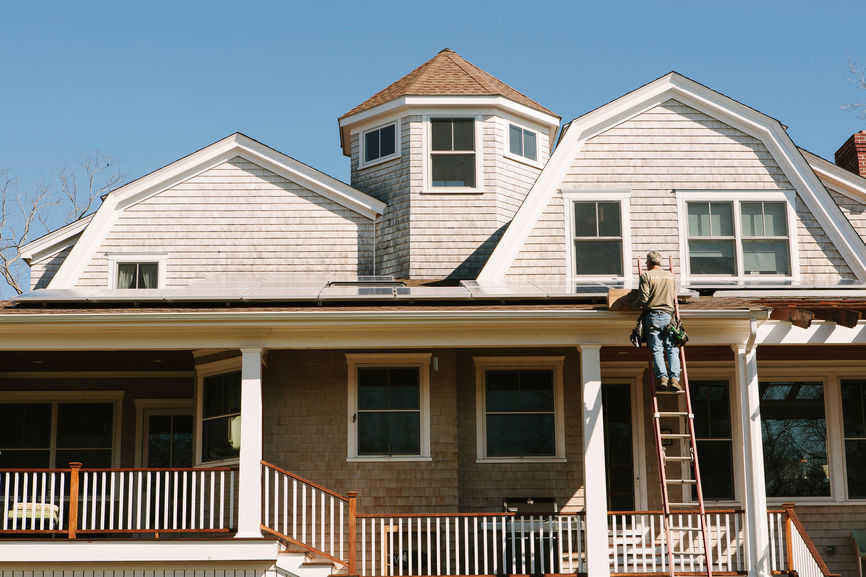I am looking at installing an All-In-One system at a short-term rental property. At first it might just be the AIO unit and batteries with no solar, and the intent would be to have purely as backup to power essentials (fridge, lights) when power goes out at the property which it does quite often.
The other year I bought a pellet stove that was eligible for a tax credit only to find out a strange little quirk in the rule was that you couldn't get the credit if the stove was for a rental property.
Does anybody know what incentives or credits are available (or not) on the purchase and installation of something like this? Or if this can be included for increasing the basis of the home and getting some kind of tax break there? It is likely I would purchase the AIO unit either new or maybe used, but batteries and solar panels I would likely purchase second-hand. And I would also be doing any installation and build work myself.
Thanks
The other year I bought a pellet stove that was eligible for a tax credit only to find out a strange little quirk in the rule was that you couldn't get the credit if the stove was for a rental property.
Does anybody know what incentives or credits are available (or not) on the purchase and installation of something like this? Or if this can be included for increasing the basis of the home and getting some kind of tax break there? It is likely I would purchase the AIO unit either new or maybe used, but batteries and solar panels I would likely purchase second-hand. And I would also be doing any installation and build work myself.
Thanks




